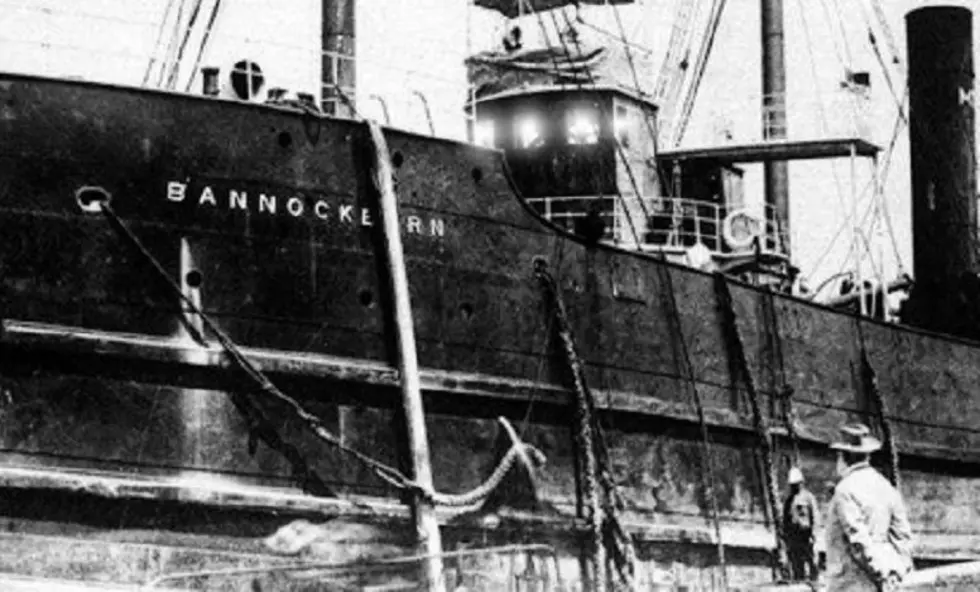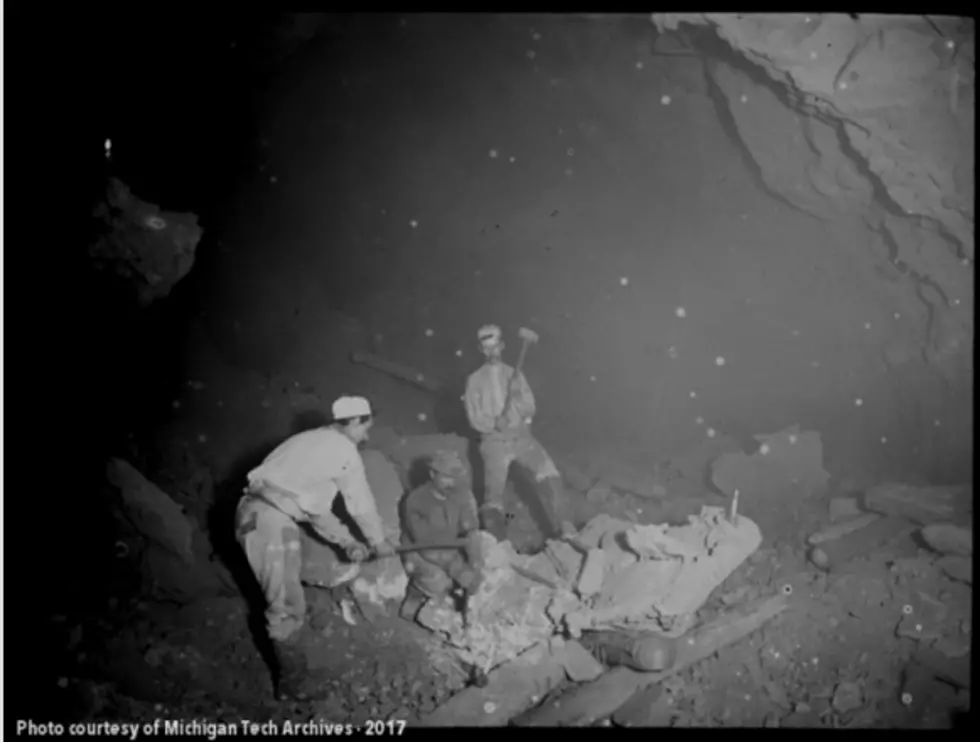
Photos of Grass Lake, Early 1900s (and the 1850s Railroad Conspiracy)
Okay, we figured the town of Grass Lake was named after the actual lake of the same name...but who named the lake? It's not official, but the legend says the lake was named “Grass” when a young girl was overheard saying, “gosh, what a grassy lake”!
Grass Lake's beginnings were traced back to the early 1800s when squatters - the David Sterling family - lived in the area. Not long afterward, settlers from New York by the names of Pease, Keyes, and Walker showed up in 1829-1830.
A post office soon followed in the last month of 1839, with Lorenzo Hale as postmaster. When the railroad came through in 1842, the village really started to develop and was finally incorporated in 1871. Grass Lake's classic stone depot was completed in 1887.
The railroad was not without its problems. In the 1850s there was the “Great Railroad Conspiracy” making headlines. The farmers of Grass Lake were getting into heated arguments with railroad officials over the cattle. On the rails between Grass Lake and Jackson, local cows would wander onto the tracks while grazing and get smacked by the trains.
The local farmers sent a letter to railroad authorities, asking for compensation for their dead cows. The railroad basically said, “too bad – we aren't responsible for your cows: YOU are!” And compensation was refused.
After more farmer complaints, the railroad offered a fraction of compensation. It was refused by the farmers, who started fighting back. They would hide along the tracks at night and throw rocks and other objects at passing trains...they would set dead cattle on the tracks and light fires on the rails.
To make a long story short, 37 farmers and other locals were charged with conspiring to destroy railroad property. After spending jail time, there ended up being some changes on the railroad: According to the Historical Society of Michigan, “From 1855 forward, all railroads were required to install bells on locomotives, to instruct engineers to sound a steam whistle before crossings, to post “stop, look, listen” signs, to fence the rails, and to install special cattle guards where needed.”
To this day, Grass Lake remains a quiet village with a surprising history, for sure.....not to mention the treasure of $70,000 that is rumored to still be missing from a bank robbery in 1920.
Find out details on the 1920 Grass Lake bank robbery HERE.
Read much more about the railroad conspiracy story HERE.
GRASS LAKE, THEN-AND-NOW
MORE VINTAGE JACKSON-AREA TOWN PHOTOS:
Vintage Photos of Parma, Mi
VINTAGE PHOTOS OF HORTON, MICHIGAN
Concord, Then-and-Now

More From 99.1 WFMK









